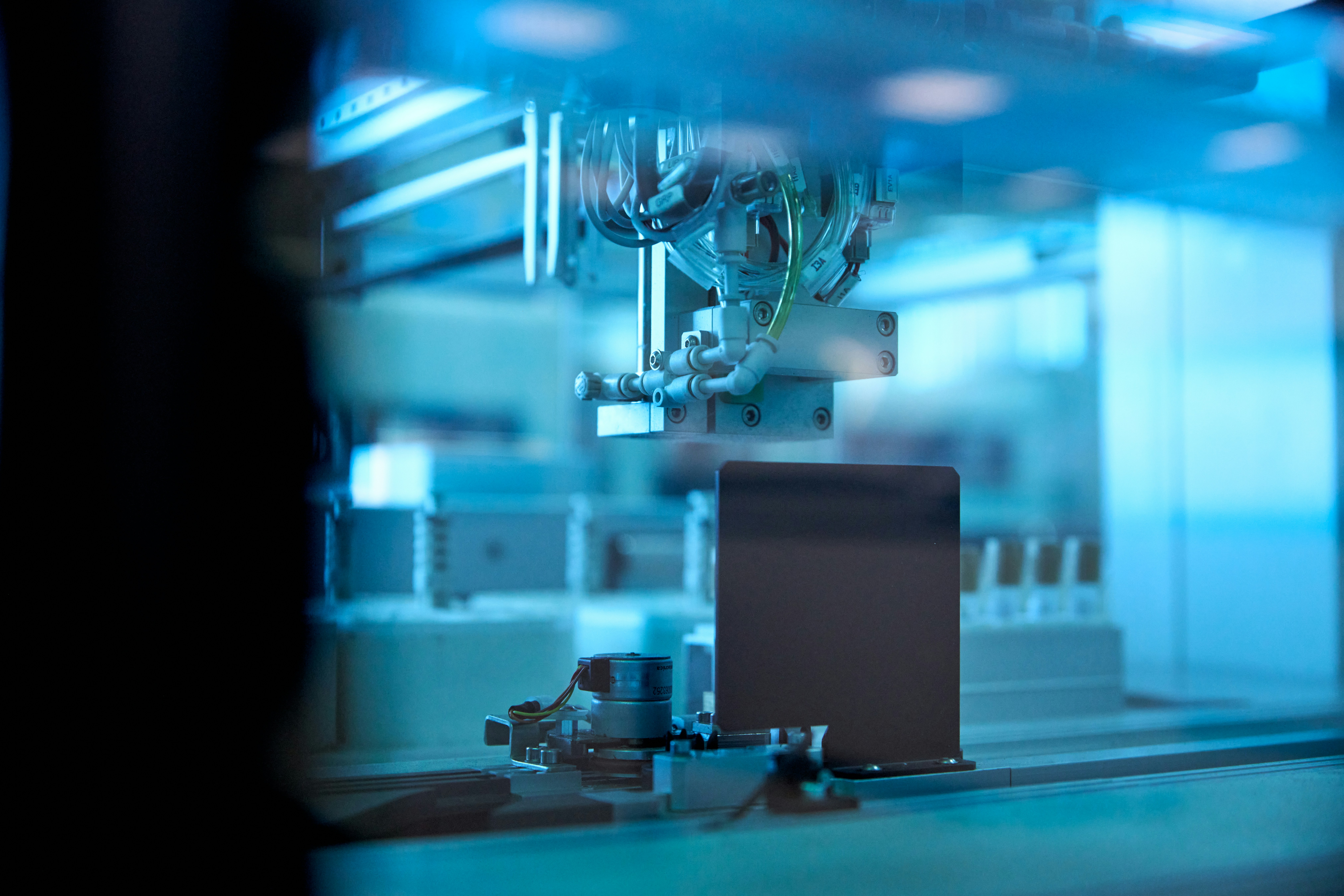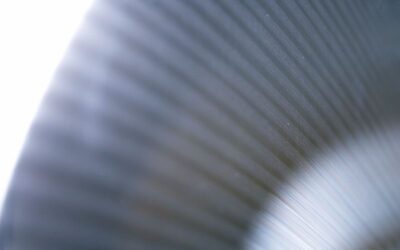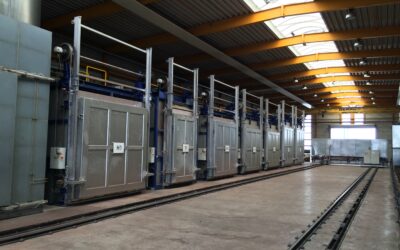Aluminum in Medical Technology
GLEICH’s Role in Advanced Healthcare Solutions
Aluminum plays a crucial role in modern medical technology, where the highest standards of performance, hygiene, and reliability are non-negotiable. GLEICH Aluminum offers specialized medical-grade aluminum solutions engineered to meet the specific needs of medical equipment manufacturers across the United States.
Our products are aligned with FDA-approved aluminum materials and created for corrosion resistance, vacuum sealing, and high-precision machining—supporting innovation across critical and preventive care systems.
Aluminum in Medical Technology
G.AL® cast plates, made from aluminum alloy EN AW-5083 (including G.AL® C210 and G.AL® C250 product families), help maximize performance in both acute and long-term care devices
Benefits to using aluminum in medical technology:
- Lightweight Design: Perfect for ergonomic and mobile solutions.
- High Strength-to-Weight Ratio: Makes components compact and durable.
- Excellent Corrosion Resistance: Ideal for maintaining sterile environments.
- 100% Recyclable: Supports sustainability goals.
- Reduced Machining Times: Lowers manufacturing costs.

Key Performance Requirements
Material Compliance
Not all aluminum grades can be used for medical device manufacturing. Materials must meet strict U.S. and international standards:
- ANSI/NSF 51 – U.S. standard for food and medical equipment materials (VIEW MORE HERE)
- FDA Guidelines – Ensures aluminum is safe for use in clinical settings (VIEW MORE HERE)
- DIN EN 602 – Used internationally for aluminum chemical classification (VIEW MORE HERE)
Corrosion Resistance
In medical environments, aluminum must resist degradation from disinfectants and cleaning agents. Poor resistance can lead to corrosion, contamination, and equipment failure. GLEICH has engineered corrosion-resistant aluminum alloys to meet and exceed these demands.
G.AL® Aluminum in Medical Technology
Dimensional Stability & Low Residual Stress
Precision is everything when manufacturing medical devices. GLEICH individually heat-treats each cast plate using precision-controlled electric furnaces. ensuring plates are:
- Homogeneous
- Low in residual stress
- Ready for high-tolerance machining
Excellent Machinability
Our medical-grade aluminum offers:
- A uniform microstructure for distortion-free cutting
- Optimized Brinell hardness levels
- Full activation of Mn and Mg alloying elements for performance
These features guarantee efficient production while minimizing tool wear and waste.
Anodizing Appearance
A clean, high-quality appearance matters—especially in visible medical housings.
G.AL® C250 ELOX PLUS is designed for:
- Consistent, sleek anodized finishes
- Visually appealing results even after extensive machining
- Eliminating the dull or uneven look of traditional cast plates
Low Porosity
Low-porosity aluminum ensures better polishing, coating, and sealing. GLEICH uses a fine-grain casting process to deliver:
- Minimal microporosity
- Even precipitate distribution
- Reduced risk of defects or contamination
Pore-Free Materials in Vacuums
In high-vacuum systems like sterilizers or analytical instruments, even tiny pores can cause air leaks. G.AL® C210 DYNAMIC is engineered for vacuum compatibility:
- No diffusion or leakage (tested down to 10⁻¹² mbar)
- Same outgassing behavior of stainless steel
- Passes helium leak detection tests
Note: Traditional rolled aluminum plates become porous beyond 60–80 mm thickness—making G.AL® C210 DYNAMIC the best choice.
High-Temperature Coating Tolerance
For devices requiring high-temp coatings or sterilization cycles, heat resistance is essential. GLEICH products:
- Can withstand temperatures up to 750°F (400°C)
- Maintain mechanical strength and stability
- Feature naturally hard alloys ideal for harsh environments
Closing
GLEICH offers a consistent supply of high-performance aluminum for medical technology use. From vacuum-sealed devices to high-temperature treatments and aesthetic components, G.AL® aluminum solutions meet FDA, ANSI, and global standards—empowering American manufacturers to build the future of healthcare.
Need help with medical grade aluminum?
Our team of experts is here to help!
More Topics
Electrochemical Aluminum Polishing
Electrochemical aluminum polishing, also known as electropolishing, delivers smooth, corrosion-resistant surfaces by removing imperfections at both the macro and micro levels. Ideal for aerospace, medical, semiconductor, and precision manufacturing applications, this process enhances performance, extends component life, and ensures consistent results where precision matters most.
5083 vs 6061 Aluminum: Comparing Properties, Strengths, and Uses.
5083 vs 6061-T651 aluminum alloys. Understand strengths, weaknesses, and best uses in precision machining, tooling, and structural projects.
Understanding Aluminum Tempers
Understanding aluminum tempers like T6, T651, and T7351 how they affect strength, machinability, and corrosion resistance. Visual charts…



